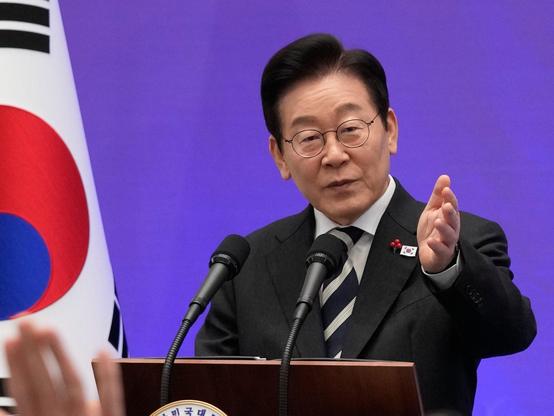There have been at least two instances of Ukrainian children abducted by Russian forces in eastern Ukraine having been forcibly transferred to a camp in North Korea, Kateryna Rashevska, a legal expert at Ukraine's Regional Center for Human Rights, said.
https://kyivindependent.com/several-russia-abducted-ukrainian-children-forcibly-transferred-to-north-korea-expert-tells-us-senate-committee/
#Ukraine #Russia #NorthKorea
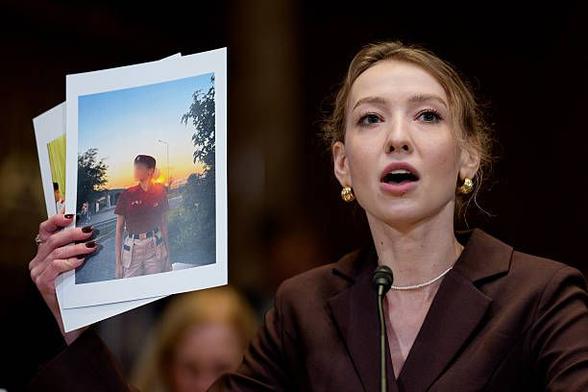
Several Ukrainian children abducted by Russia forcibly sent to North Korea, expert tells US Senate
"12-year-old Misha from the occupied Donetsk region and 16-year-old Liza from occupied Simferopol were sent to Songdowon camp in North Korea, 9,000 km from home," Rashevska testified. "Children there were taught to ‘destroy Japanese militarists’ and met Korean veterans who, in 1968, attacked the U.S. Navy ship Pueblo, killing and wounding nine American soldiers."

Pyongchon Passenger Station Inaugurated [English]

New Factories Inaugurated [English]

New Integrated School Inaugurated [English]
South Korean president mulls apology to North | Politics News
Lee Jae Myung says he felt he should apologise over drone flights allegedly ordered as a provocation by…
#NewsBeep #News #Headlines #AsiaPacific #KimJong-un #NorthKorea #Politics #SouthKorea #World
https://www.newsbeep.com/287093/
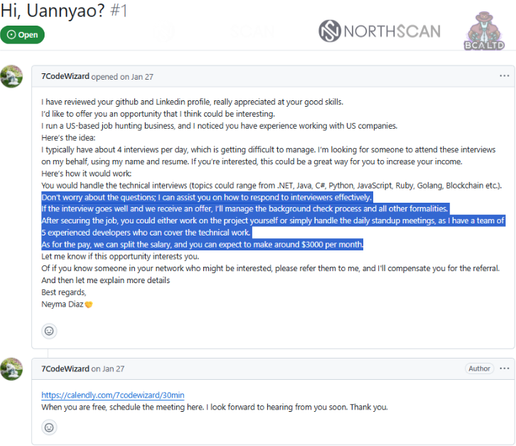
Researchers spotted Lazarus’s remote IT workers in action
Researchers exposed a Lazarus scheme using remote IT workers tied to North Korea’s Famous Chollima APT group in a joint investigation.
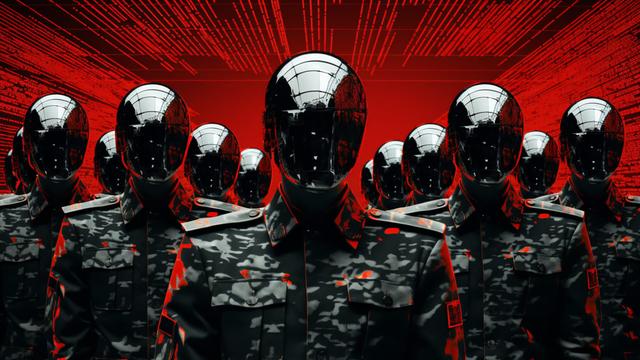
North Korea lures engineers to rent identities in fake IT worker scheme
In an unprecedented intelligence operation, security researchers exposed how North Korean IT recruiters target and lure developers into renting their identities for illicit fundraising.
Tổng thống Hàn Quốc Lee Jae-myung bày tỏ ý định xin lỗi Triều Tiên liên quan cáo buộc chính phủ tiền nhiệm điều máy bay không người lái tới Bình Nhưỡng. Một động thái ngoại giao đáng chú ý nhằm giảm căng thẳng. #HanQuoc #TrieuTien #NgoạiGiao #ChínhTrị #Korea #NorthKorea #Diplomacy #Politics
https://vtcnews.vn/tong-tong-han-quoc-muon-xin-loi-trieu-tien-ar990837.html
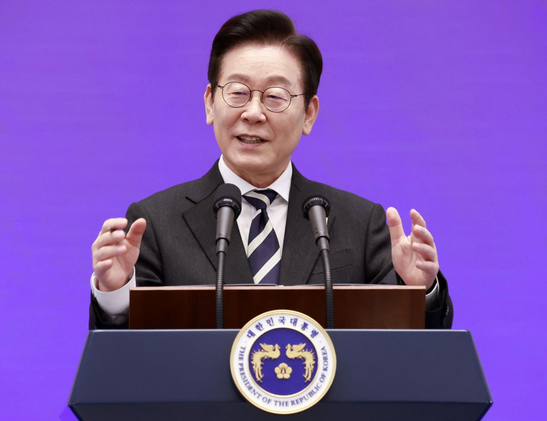
Tổng tống Hàn Quốc muốn xin lỗi Triều Tiên
Liên quan đến cáo buộc chính phủ tiền nhiệm điều máy bay không người lái đến Bình Nhưỡng, Tổng thống Lee Jae-myung cho biết ông có ý định xin lỗi Triều Tiên.
Chính thức: Triều Tiên ra mắt tên lửa hành trình mới mang tên "Taurus Triều Tiên" nhân kỷ niệm 80 thành lập Không quân Nhân dân nước này.
- Tầm bắn 500km
- Đầu đạn 500kg
- Khả năng xuyên thủng hệ thống phòng không
→ Buộc Hàn Quốc và Mỹ phải đánh giá lại chiến lược phòng thủ.
#TriềuTiên #BắcTriềuTiên #TênLửa #Taurus #QuânSự #PhòngKhông
#NorthKorea #Missile #Military #AirDefense
https://vietnamnet.vn/trieu-tien-tung-ten-lua-taurus-tam-ban-500km-dan-500kg-xuyen-thung-phong-khong-24685






